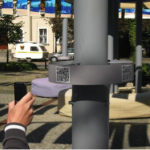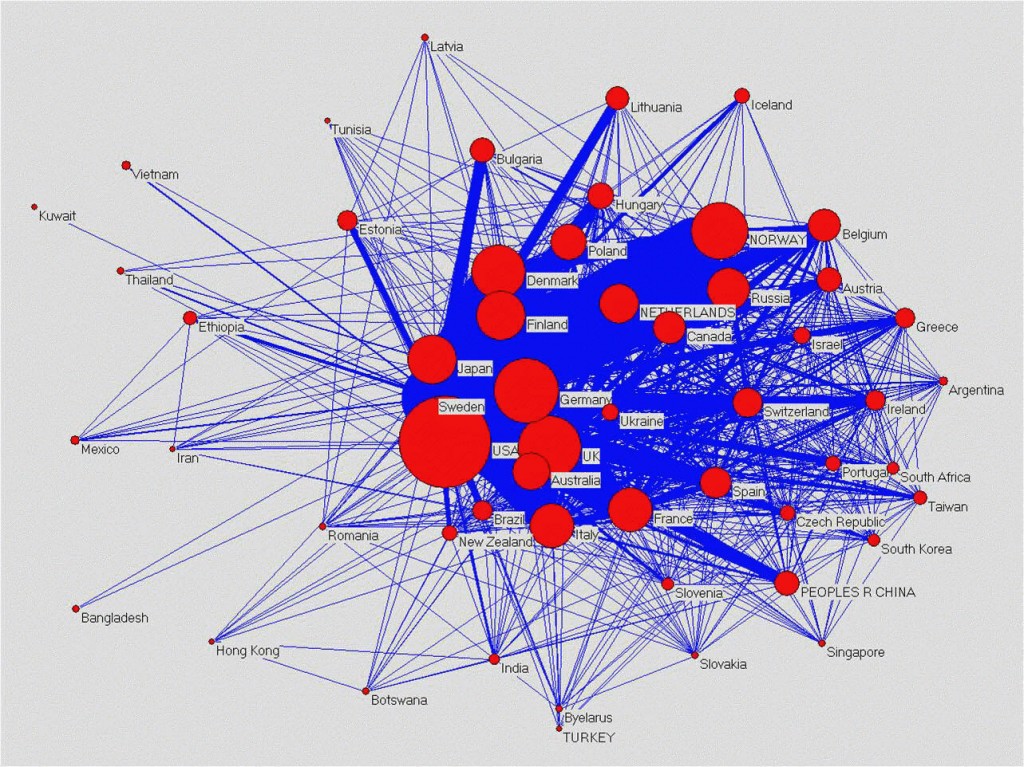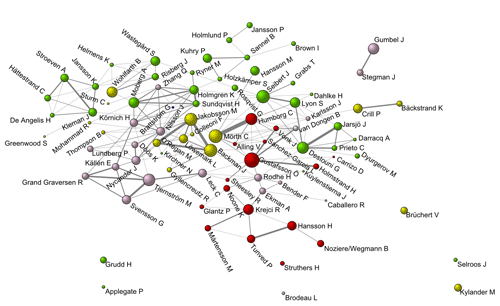Monday
Europe
Dame Julia Goodfellow, Vice-Chancellor of the University of Kent, has made an impassioned defence of the benefits to universities of European Union membership amid the rise in popularity of Ukip. Kent v-c warns of dangers to HE of leaving EU (THE)
Independence referendum
Scottish universities could lose more than two-fifths of their non-EU students if the country votes for independence, a survey suggests. Of 200 overseas students surveyed, 46% of non-EU nationals said they would be less likely to choose a university in an independent Scotland because they wanted a British degree. More than a third feared the reputation of a Scottish degree would decline.
Rankings
Finally, the Complete University Guide rankings have been released today. Cambridge top for forth year (Mail)
Tuesday
One in five students is unhappy with the standard of teaching at their university, a survey by Student Hut suggests. A similar proportion of undergraduates has also complained of a lack of support from tutors beyond formal teaching in lectures and seminars. While the survey drew on a self- selecting sample, it chimes with growing criticism of teaching standards at English universities since the increase in tuition fees.
Applications
University is often “wasted” on school leavers because they fail to select the correct degree course, according to Mary Curnock Cook. She says that too many teenagers – particularly those from middle-class backgrounds – “sleepwalk” into university under pressure from their parents and peers without giving it proper thought. Middle-class children sleepwalk to university (Telegraph)
Election 2015
An interesting article in the Guardian where a series of education figures have their say on what should be included in 2015 manifestos. In my manifesto … education policy ideas for 2015 (Guardian Education)
Wednesday
University Alliance’s new report, ‘Closing the Gap: unlocking opportunity through higher education’, features in today’s THE. Our report argues that the UK’s social mobility debate is too narrowly focused on a “small number of elite universities” and needs to be “dragged out of the 1970s”. Social mobility debate ‘too focused on elite universities’ (THE)
Australian Budget
Also in the news, Libby Hackett comments on the announcement that Australia will slash public funding for university courses by 20% and remove the caps on the fees universities can charge.
Widening participation
The proportion of Cambridge places claimed by pupils from state schools has declined this year amid warnings from admissions tutors that the university does “not operate a quota system”. Cambridge University admits fewer state school students (Telegraph)
Rankings
A European Union-sponsored university ranking system has gone live after around six years of development. U-Multirank launched by EU commissioner (THE)
Thursday
University Alliance’s social mobility report is mentioned in this piece looking at whether the Russell Group is an oligarchy. Sean Coughlan at the BBC says, “it’s not a criticism of the individual institutions, but an irritation that belonging to a group, named after the London hotel where they used to meet, seems to have taken on a semi-official status.” Is the Russell Group really an ‘oligarchy’? (BBC)
Student Experience
The Times Higher Education’s Student Experience Survey has been released today. Now in its ninth year, students rate their institutions in 21 categories, from the quality of staff and lectures, to course structure, social life, industry connections and accommodation.
Research
Which countries are steaming ahead in scientific output and power? Simon Marginson analyses the worldwide data. Research is now a global game (THE)
Fundraising
The amount of money pledged to UK universities by donors last year fell by more than 10 per cent and there was only a slight increase in the number of fundraising staff, according to a new survey. Plenty of jam donated today but tomorrow’s pledges spread more thinly (THE)
Funding
More English universities could be allowed to borrow money without seeking permission from the funding council under new financial rules to be brought in later this year. New rules let borrowers avoid HEFCE hurdle (THE)
International students
Universities should increase their tuition fees for international students to £11,000 a year because this appears to have little impact on demand, a survey has suggested. Overseas fees of £11,000 ‘have little impact on demand’ (THE)
Rankings
Chinese universities outperform those of the US when the countries’ average incomes are taken into account, according to an international ranking of higher education systems. Dragons overtake eagles in income-related rankings (THE)
Friday
HE funding
Too many policy experts look to the US and Australia as “some higher education funding nirvana”, according to Michael Gunn (Chair of Million+). Nirvana of HE funding is not US and Australia, warns Gunn (THE)
Employability
Julia King, Vice-Chancellor at Aston University, looks at social mobility in the UK and argues that students are increasingly valuing the chance to earn while they learn. Why higher apprenticeships? They’re a debt-free route to a top quality degree
Graduates
One person in five who receives a university education becomes a millionaire, according to official figures.
 tion, if you have particular interests, your personal account with Research Professional allows you to sign up to newsletters focussing on, for example, European News and Research. Going further, you can set up your own news searches and manage your alerts to receive these weekly direct to your inbox.
tion, if you have particular interests, your personal account with Research Professional allows you to sign up to newsletters focussing on, for example, European News and Research. Going further, you can set up your own news searches and manage your alerts to receive these weekly direct to your inbox.






 Find out more about BU’s upcoming
Find out more about BU’s upcoming 












 New Nepal scoping review on maternal & neonatal health
New Nepal scoping review on maternal & neonatal health Fourth INRC Symposium: From Clinical Applications to Neuro-Inspired Computation
Fourth INRC Symposium: From Clinical Applications to Neuro-Inspired Computation Writing policy briefs
Writing policy briefs Upholding Excellence: The Concordat to Support Research Integrity
Upholding Excellence: The Concordat to Support Research Integrity ECR Funding Open Call: Research Culture & Community Grant – Application Deadline Friday 12 December
ECR Funding Open Call: Research Culture & Community Grant – Application Deadline Friday 12 December MSCA Postdoctoral Fellowships 2025 Call
MSCA Postdoctoral Fellowships 2025 Call ERC Advanced Grant 2025 Webinar
ERC Advanced Grant 2025 Webinar Horizon Europe Work Programme 2025 Published
Horizon Europe Work Programme 2025 Published Horizon Europe 2025 Work Programme pre-Published
Horizon Europe 2025 Work Programme pre-Published Update on UKRO services
Update on UKRO services European research project exploring use of ‘virtual twins’ to better manage metabolic associated fatty liver disease
European research project exploring use of ‘virtual twins’ to better manage metabolic associated fatty liver disease